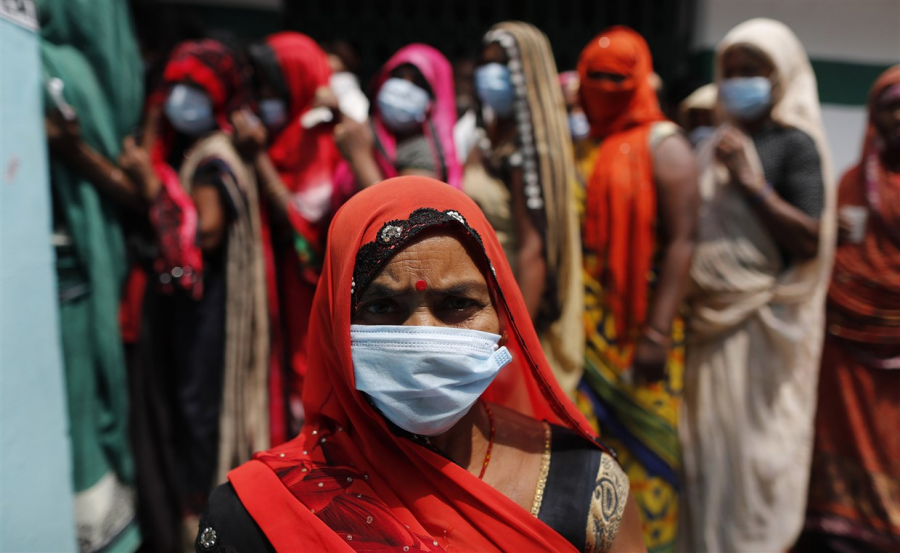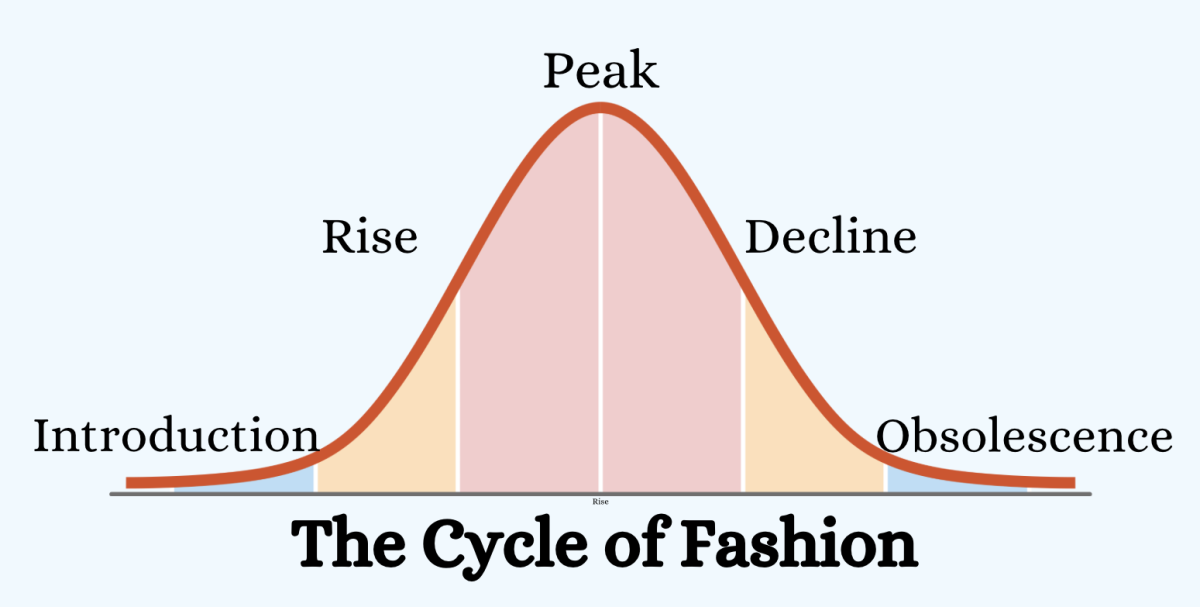The Positive Environmental Impacts of Veganism
A vegan diet has a myriad of positive environmental impacts, and by going vegan, you can make the Earth a better place for animals and humans.
February 28, 2021
Veganism, the practice of abstaining from the use of animal products, is gaining an increased interest in recent years. Currently, around 6% of consumers in the United States are vegan which is a 500% increase from 2014 where it was only around 1%, but why are more people going vegan? While many people go vegan because of health benefits, arguably, the most important reason that people go vegan is the variety of positive environmental impacts.
Gas emissions are derived from the combustion of fossil fuels and contribute to global warming because those gases accumulate in the atmosphere and absorb light and heat that is reflected from the surface of the earth (nrdc.org). Agriculture involving animals is responsible for around 18% of gas emissions, and unfortunately, this is more than all transportation emissions combined (plantproteins.com). Thus, according to a study done by the University of Oxford, eating a vegan diet could dramatically decrease your carbon footprint, the total amount of gas emissions caused by an individual. One of the lead researchers, Joseph Poore, believes that “a vegan diet is probably the single biggest way to reduce your impact on planet Earth, not just greenhouse gases, but global acidification, eutrophication, land use, and water use” (independent.co.uk).
Global acidification is the lowering the level of pH in the oceans caused by gases entering the ocean. This phenomenon has multiple adverse effects on oceanic life and humans, including harming shelled ocean animals, coral reefs, and limiting human’s access to animals like shellfish, and it is caused partially by livestock farming and the release of gases; thus, by going vegan, there would be a lessen chance of ocean acidification (climateinterpretor.org). Also, eutrophication is when there are excess nutrients in a body of water which causes dense plant growth and lowers the oxygen in the water for the animals. Lower oxygen can make these bodies of water uninhabitable for fish and kill off many species that were in the body of water. Eutrophication is caused usually by animal waste from farms that enters an area of water leading to excess nutrients in the water, so if more people go vegan, there will be less animal waste harming bodies of water.
A vegan diet can also help mitigate water and land use. Compared to animal products, plant foods demand a lot less water to cultivate. 93% of the world’s water supply is used for agricultural purposes, and the meat and dairy industry uses the greatest amount of water in agriculture practices. Therefore, going vegan can help reduce the usage of water by farms; in fact, by one person going vegan, that person could potentially save around 200,000 gallons a year. In addition, animal agriculture uses a large amount of land. In the United States, around 41% of land is used to feed and raise animals (treehugger.com). With so much land going towards animal agriculture, many habitats are being disrupted and destroyed leading to more animals being prone to extinction because they are losing their habitats and resources that keep them alive. Additionally, in the Amazon Rainforest, 91% of the rainforest’s destruction is due to animal agriculture, and animal agriculture is a prominent reason for deforestation all around the world. However, a vegan diet can cut the use of land by around 76%; therefore, the vegan diet can protect the myriad of habitats throughout the world (futurekind.com).
Yorba Linda High School Student, Chris Yach (11), believes that veganism has a variety of benefits, but “it can be really hard and expensive to become vegan.” As high school students, having a plant-based diet can be difficult with our busy schedules, but many restaurants have recently begun promoting and offering vegan options. For example, at Dunkin’ Donuts, there is a list of plant-based items you can purchase on the app, such as an Oat Milk Iced Latte, Vanilla Almondmilk Iced Macchiato, Southwest Veggie Power Sandwich, and Beyond Sausage Breakfast Sandwich (dunkindonuts.com). Also, there is a website called One Meal a Day that shares easy vegan recipes you can try (omdfortheplanet.com). Thus, although it may be difficult to go completely vegan, as high schoolers, we can try going one meal a day vegan and then progress to a few days vegan to help mitigate our negative environmental impact on the world.












































Karina Shah • Jun 13, 2021 at 6:04 PM
I really appreciated the insights brought up in this article. Cool article!
Nikole Galea • Mar 7, 2021 at 2:00 PM
I think this article provided others and me with very good insights on how helpful it is. I personally don’t think I could ever take such a big step but it still sounds like a good option for those who are ready for that commitment. Great article.
KAYDEN MANDLEY • Mar 7, 2021 at 11:07 AM
This article really called me out haha. I’ve considered going vegan more than once, but I just love eating meat way too much 🙂 Awesome article, Danielle!
Paige Reddick • Feb 28, 2021 at 10:02 PM
I have always been tempted to try a vegan diet, and I’m so glad I was able to learn more about it through your article! I want to help our environment in any way I can, so veganism is a great way to do so!
Suhani Bhanvadia • Feb 28, 2021 at 6:19 PM
Great job pointing out the pros and cons of being vegan. I’ve tried going vegan before but it was a little difficult because my parents cooked for me, but I’ll definitely try again in the future.